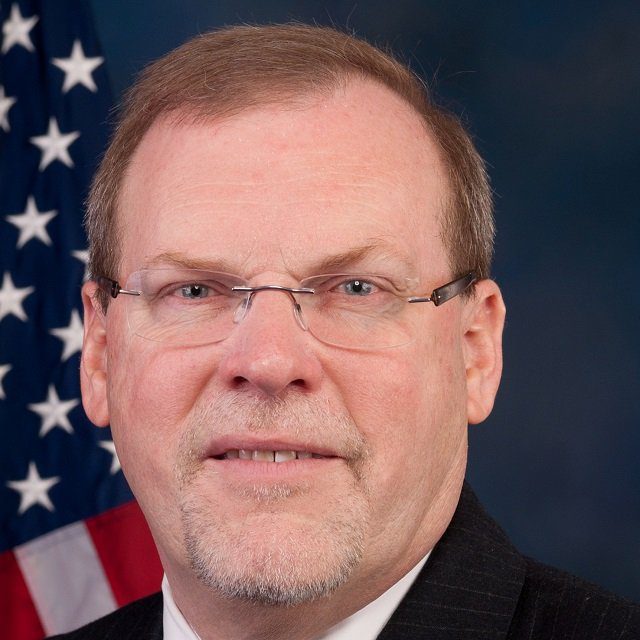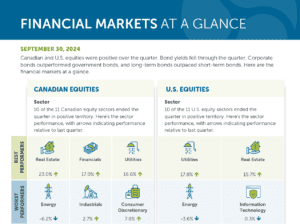'Mom' Factor Helps Medicare Advantage Plans at House Hearing

The Better Medicare Alliance, a group that represents insurers and other parties with an interest in the program, said that the coverage denial rate is low, and typically the result of the complexity and ambiguity of Medicare program rules.
Leslie Gordon, a witness from the U.S. Government Accountability Office, talked about the GAO’s views that a small percentage of plans may have some quality issues, such as issues with access to the kinds of providers that enrollees tend to use in the last year of life.
The Better Medicare Alliance has argued that unclear Medicare hospice coverage rules may be partly to blame, and that the GAO failed to acknowledge that 95.6% of program enrollees told Medicare managers in 2019 that they were satisfied, or very satisfied, with their level of provider access.
Close Contact
Many lawmakers acknowledged that their constituents like the Medicare Advantage program.
Rep. Diana DeGette, D-Colo., the subcommittee chair, said watching the program’s quality is important because of its “tremendous size and growth.”
Griffith noted during the hearing that Medicare Advantage plans can have zero-dollar premiums and often offer important supplemental benefits, such as dental coverage and fitness benefits.
“In 2022, the average Medicare Advantage plan enrollee has access to nearly $2,000 in extra benefits annually that Medicare fee-for-service enrollees cannot access without purchasing additional health insurance coverage,” he said.
Though, he admitted, “my mom’s not taking advantage of any fitness benefits.”
Pictured: Rep. Morgan Griffith, R-Va. (Photo: Griffith)






